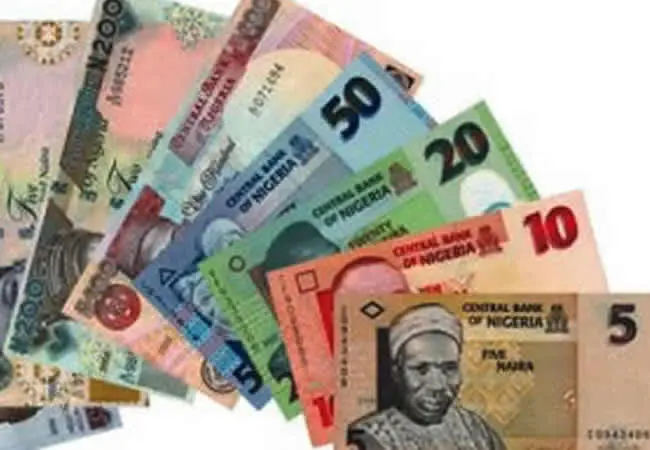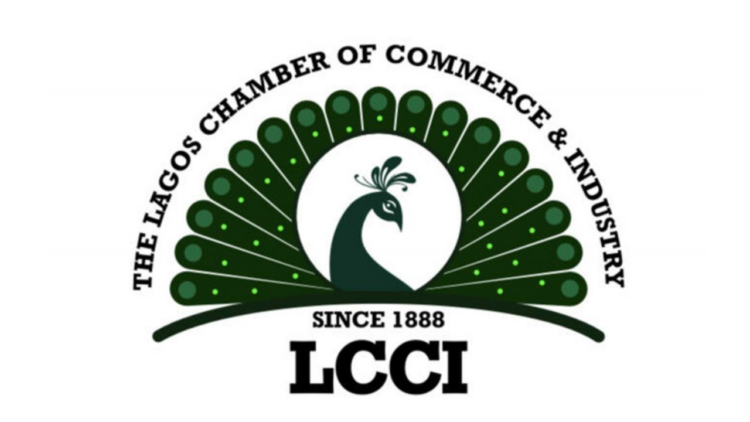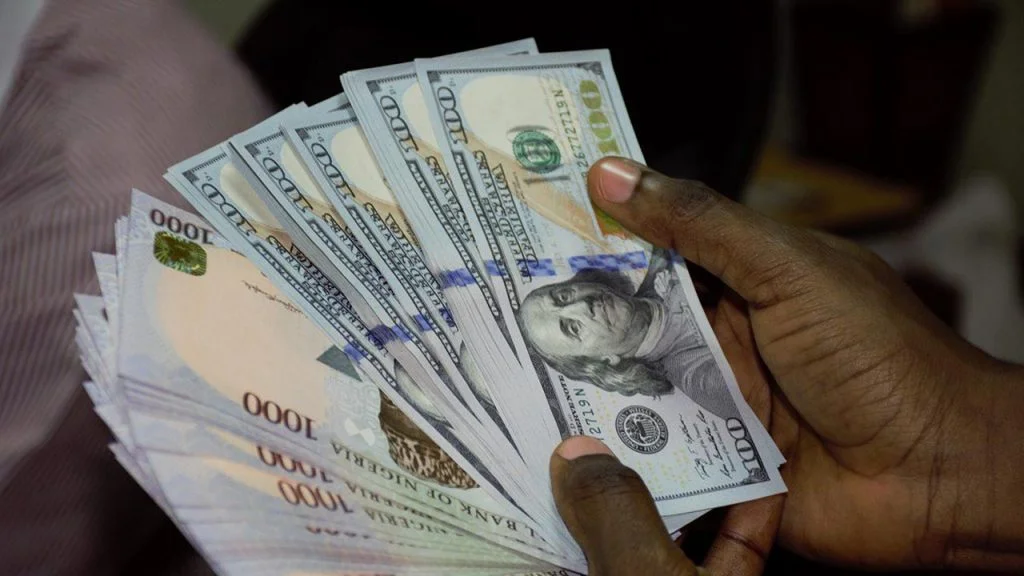Business
10 Steps to save money on daily living expenses

Saving money on everyday expenses can be a challenge, but it’s definitely possible with a little planning and effort. Even small changes can add up to big savings over time. Here are a few tips to help you save money on daily living:
1. Track your spending.
The first step to saving money is to figure out where you’re spending it. There are a number of ways to track your spending, such as using a budgeting app, spreadsheet, or simply keeping a notebook. Once you have a good understanding of your spending habits, you can start to identify areas where you can cut back.
2. Create a budget.
Once you know where your money is going, you can create a budget to help you track your income and expenses. This will help you make sure that you’re not spending more money than you have coming in. There are a number of different budgeting methods available, so find one that works for you and stick to it.

3. Cook more meals at home.
Eating out is expensive, so cooking more meals at home is a great way to save money. Start by planning your meals for the week ahead of time. This will help you avoid impulse purchases at the grocery store. There are also a number of websites and cookbooks that offer affordable and healthy recipes.
4. Cut back on unnecessary expenses.
Take a close look at your spending and identify any unnecessary expenses. This could include things like unused subscriptions, magazine subscriptions, or expensive coffee habits. Every little bit helps, so don’t be afraid to cut back on the things you don’t really need.
5. Shop around for the best deals.
Don’t just buy the first thing you see. Take the time to shop around and compare prices before you make a purchase. You can also use coupons and promo codes to save money on your purchases.

6. Buy in bulk.
If you have the space, buying in bulk can be a great way to save money on items that you use regularly. Just be sure to only buy things that you’ll use before they expire.
7. Use public transportation or carpool.
If you live in an area with public transportation, using it instead of driving can save you a lot of money on gas, parking, and car maintenance. If you don’t have public transportation, carpooling with friends or coworkers is another great way to save money.
8. Negotiate your bills.
Many companies are willing to negotiate your bills, especially if you’re a loyal customer. Don’t be afraid to call up your service providers and ask for a better rate.
9. Take advantage of free activities.
There are a number of free activities available in most communities, such as parks, libraries, and museums. Check your local listings to see what’s happening in your area.
10. Make it a habit to save.
One of the best ways to save money is to make it a habit. Set up a recurring transfer from your checking account to your savings account each month. Even if you can only save a small amount each month, it will add up over time.
Here are a few additional tips for saving money on specific everyday expenses:
Groceries:
- Shop at discount grocery stores or farmers markets.
- Buy generic brands instead of name brands.
- Plan your meals ahead of time and make a grocery list.
- Avoid impulse purchases.
- Cook more meals at home and eat out less.
Transportation:
- Use public transportation or carpool whenever possible.
- Walk or bike whenever possible.
- Get your car serviced regularly to save on gas and repairs.
- Consider buying a used car instead of a new one.
Utilities:
- Turn off lights and appliances when you’re not using them.
- Unplug electronics when they’re not in use.
- Wash clothes in cold water whenever possible.
- Take shorter showers.
- Weatherize your home to improve energy efficiency.
Entertainment:
- Take advantage of free activities, such as parks, libraries, and museums.
- Rent movies and TV shows instead of buying them.
- Share streaming services with friends and family.
- Go to the movies during the day or on matinee days.
- Eat dinner at home before going to the movies to save money on concessions.
By following these tips, you can save money on your everyday expenses without having to give up the things you enjoy. Every little bit helps, so don’t be afraid to make small changes. Over time, these changes can add up to big savings.
Business
Inflation bites harder, renders N20, N10, N5 ‘irrelevant’

In major markets, prices of goods are shifting away from the lower denominations of the Naira currency due to worsening inflation.
Not too long ago, items like a sachet of pure water were priced at N5, while N20 was commonly used to “settle” police officers at checkpoints. However, in recent years, these smaller denominations have struggled to purchase much.
A recent market survey by DAILY POST revealed that more than half of Nigeria’s legal tender is insufficient for making purchases.
Despite this, the Central Bank of Nigeria (CBN) recognizes denominations such as 50 kobo, N1, and N2 in coin form, as well as N5, N10, N20, and N50 printed on polymer materials.
Currently, a sachet of pure water is priced at N30, and retail prices for items like sugar and candies have increased, with goods often being priced in multiples of 50 or 100, rendering smaller denominations irrelevant.
Over the past six months, the Naira has significantly depreciated against the dollar, with the intervention by the CBN bringing it to around N1050 to a dollar from a previous high of about N1,900.
This means that Nigeria’s highest denomination of N1000 is now worth less than a single dollar. Holding $1000 makes one a millionaire in Naira based on the current exchange rate, while even $1 exceeds N1,000.
Despite the recent appreciation of the Naira, commodity prices remain high, attributed to various factors including foreign exchange (FX) issues.
However, the Nigerian government continues to print lower denomination currencies at a substantial cost. It reportedly costs N1000 to print each lower denomination due to limitations in printing on polymer.
Experts are urging the CBN to cease printing lower denominations and reconsider the currency structure in line with present circumstances. Some suggest adopting a re-denomination policy similar to Ghana’s, which removed zeros from their currency in 2007.
Former plans by the CBN to introduce N5000 notes and coin lower denominations like N5, N10, and N20 were met with public backlash in 2012, leading to the abandonment of the proposals. However, prices of goods and services have since risen beyond 2012 levels.
Business
Interest Rate, High Energy Costs Putting Businesses Under Pressure, LCCI Laments

The Lagos Chamber of Commerce & Industry (LCCI) has expressed concern about the elevated cost of conducting business in Nigeria, citing factors such as the recent hike in the Monetary Policy Rate (MPR) and the increase in electricity tariffs.
Dr. Chinyere Almona, the director-general of LCCI, conveyed these concerns in a statement addressed to LEADERSHIP. Almona highlighted the Chamber’s dismay over the Central Bank of Nigeria’s (CBN) decision to raise the MPR from 22.75 percent to 24.75 percent, stating that “similarly, we view the recent escalation in electricity tariffs as adding to the already unbearable cost of living and doing business in Nigeria.”
She underscored that these decisions are compounded by challenges in importing and clearing goods at Nigerian ports, with fluctuating import duty exchange rates making business planning arduous. Almona emphasized that feedback from businesses and analysts suggests that these actions will significantly burden the private sector, worsening an already challenging economic landscape.
Almona noted that the private sector, crucial for driving growth and employment in Nigeria, is grappling with heightened borrowing costs, reduced investment incentives, policy uncertainties, and pressure in the foreign exchange market. She observed that the recent MPR hikes have translated into higher interest rates, hindering businesses’ access to credit for essential functions like working capital, expansion, and sustainability.
While acknowledging the rationale behind removing the subsidy on electricity supply to attract foreign investors with a cost-reflective tariff, Almona advocated for subsidizing production rather than consumption. She urged for an extensive metering program to cover all electricity consumers and emphasized the necessity of a robust regulatory and policy framework to attract more foreign investments into the power sector.
Almona pointed out that small and medium-sized enterprises (SMEs) are disproportionately affected by the MPR hike policy, given their thin profit margins and reliance on affordable credit. The surge in borrowing costs stifles their ability to invest in productivity enhancements, hire new employees, and contribute to economic growth.
The Chamber urged the CBN to reconsider its monetary policy stance and refrain from further interest rate hikes. Almona also suggested that the CBN explore alternative policy measures to facilitate credit access, encourage investment, and support entrepreneurship. Additionally, she recommended creating an enabling environment for local meter manufacturing to address the gap in meter deployment.
Business
Naira appreciates N351 against Dollar at forex in one month

According to data from FMDQ on the dollar exchange rate spanning from March 8 to April 5, 2024, the Naira has experienced a positive shift, appreciating by N351.12 against the US Dollar within the past month. This indicates an increase from N1,602.17 on March 8 to N1,251.05 per Dollar on Friday. This appreciation amounts to a 21.9 percent increase during the mentioned timeframe, signaling a continued strengthening of the Naira since the previous month.
Muda Yusuf, the Director of the Centre for the Promotion of Private Enterprise, attributed this sustained appreciation of the Naira in the foreign exchange market to recent forex reforms implemented by the Central Bank of Nigeria.
-

 World News7 months ago
World News7 months agoWhat we know about Israel’s war with Hamas
-

 Sports7 months ago
Sports7 months agoLaLiga: Everyone want to play with him – Vinicius on player Real Madrid should sign
-

 World News7 months ago
World News7 months agoIran calls on Islamic, Arab countries to confront Israel
-

 Tech7 months ago
Tech7 months agoTop 10 AI Skills to Learn in 2023
-

 Entertainment7 months ago
Entertainment7 months agoBET Hip-Hop Awards: Black Sherif wins big as Burna Boy loses seven nominations
-

 Entertainment7 months ago
Entertainment7 months ago‘Black Panther’ star Lupita Nyong’o breaks up with boyfriend, Selema Masekela
-

 ICT8 months ago
ICT8 months agoApple Bows To EU, Unveils iPhone With USB-C Charger
-

 World News7 months ago
World News7 months agoZelensky seeks defences for winter on visit to NATO


